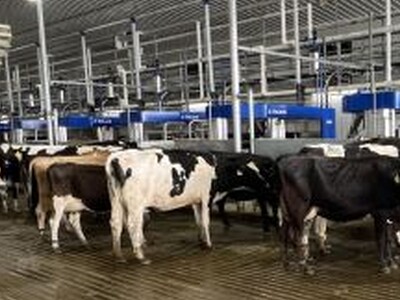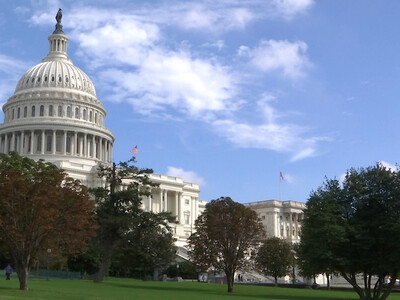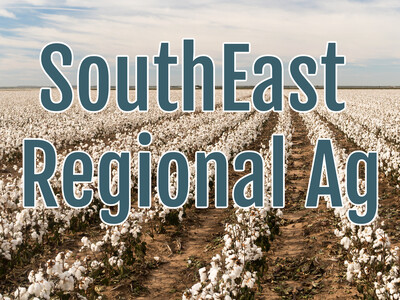Food Waste
Food waste is an emerging regional, national, and global issue. It has been estimated that between 20% and 30% of the total food available for consumption in the United States is wasted at the household level. In response to this waste, a number of counties and U.S. localities have instituted policies (disposal taxes) directed toward reducing this waste. However, currently there is no federal food-waste disposal tax. The aim of a paper written by several authors including Dr. Michael Wetzstein of Purdue University is to establish a theoretical foundation for household food waste, and based on this theory, to determine the social-optimal food-waste (disposal) tax, along with a government incentive. The theory unravels the interrelation between social food insecurity and external environmental costs, which is not generally considered by households when they waste food.This isn't just an issue of throwing uneaten food into the garbage can; there are environmental concerns and problems surrounding food security that play a role in the food waste mess. People will buy more food than they are going to eat so they won't have to go back to the store again,""but they aren't thinking about the issues surrounding food waste.
Some U.S. cities are using taxes and government incentives to try to fight food waste, and a bill in Congress right now proposes a variety of solutions to reduce U.S. food waste by 50 percent.


















